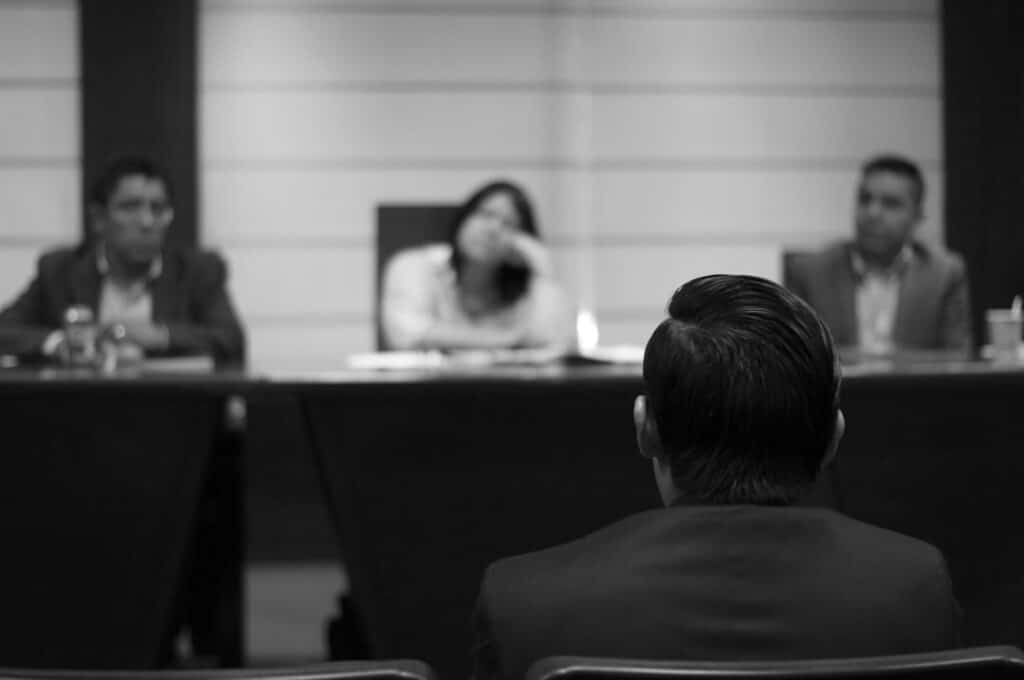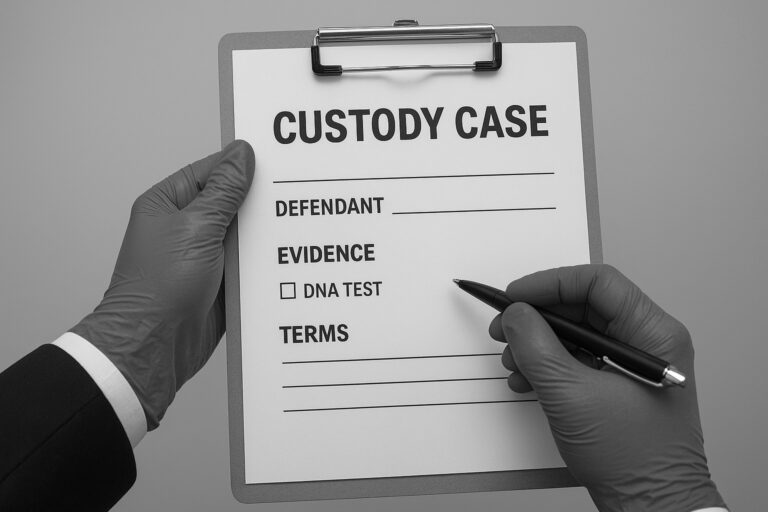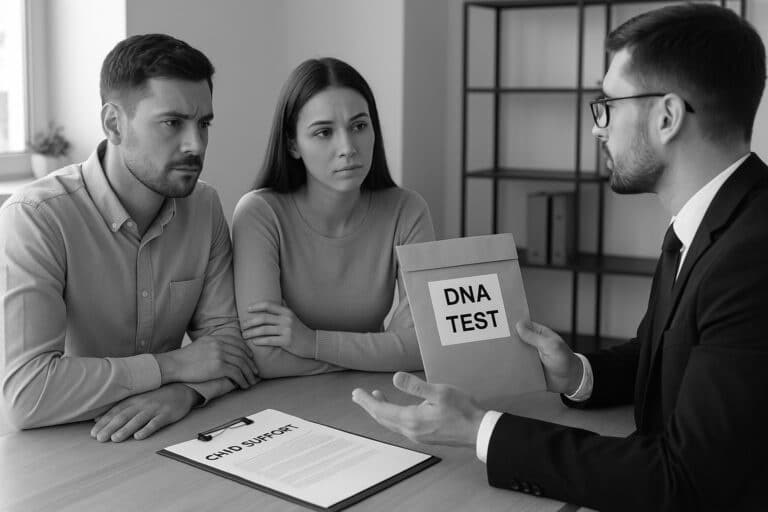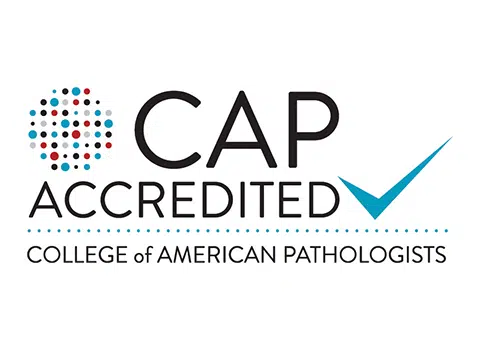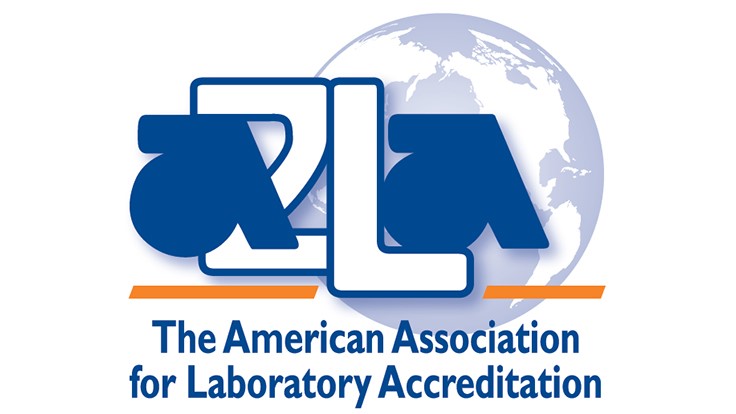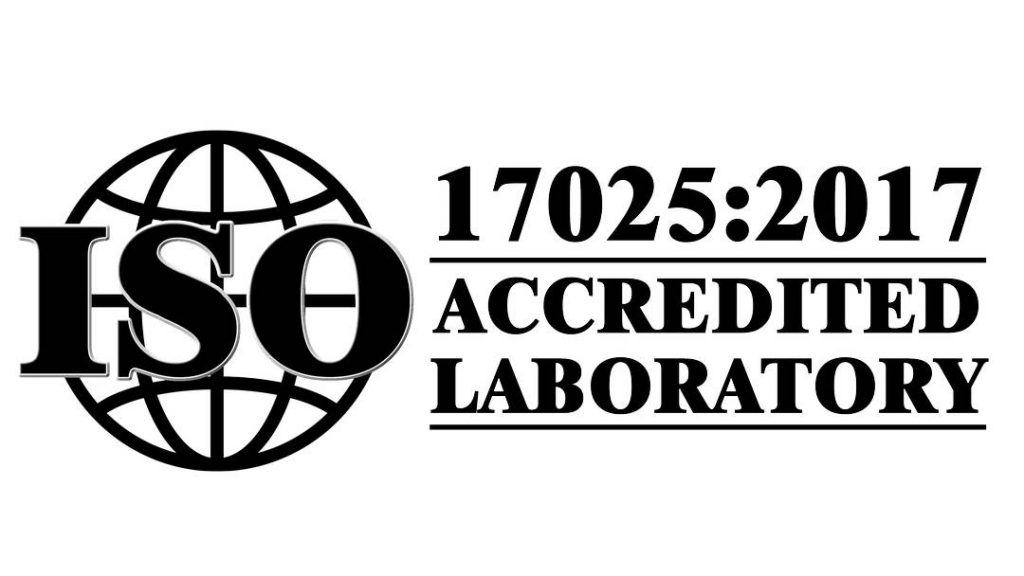Table of Contents
ToggleWho Can Order A Legal DNA Test
Figuring out paternity can be a sensitive topic, and sometimes you might need a DNA test. But who exactly can order one, especially if you need the results to count for something official? It’s not always as simple as just asking for it. This article will walk you through who has the authority to get a legal DNA test done, what happens if someone isn’t cooperating, and the difference between tests you can use for legal matters and those you can’t.
Key Takeaways
Generally, a parent or legal guardian can order a paternity DNA test for a child. If the child is an adult, they can order the test themselves.
If the mother is uncooperative, a father might need to go through the courts to get a legal DNA test ordered, especially if the test is for child support or custody.
Legal DNA tests require strict procedures, like ID checks and witnessed sample collection, to be valid in court. Private tests are for personal information only and aren’t legally binding.
Who Can Order A Legal DNA Test

Understanding Parental Authority And Father's Rights
When you need to establish paternity for legal reasons, like child support or custody arrangements, you’re looking at a legal DNA test. This isn’t just about knowing; it’s about having official proof. Generally, parents have the authority to order these tests for their children. If you are the mother, you can typically initiate a paternity test for your child. If you are the father, you can also request a paternity test, especially if you are married to the mother or if you are listed on the birth certificate. The key is that the test must be conducted under specific, legally recognized procedures to be admissible in court. This usually involves a strict chain of custody for the samples.
Legal Avenues When Consent Is Withheld
What happens if the other parent doesn’t agree to the test? If you need a legal paternity test and the other parent refuses consent, you usually can’t force them to participate without a court order. In such cases, you would typically need to file a legal case with the court. The court can then order the DNA test. If the other parent still refuses after a court order, the court may make decisions based on that refusal, sometimes even establishing paternity by default. It’s a good idea to consult with a legal professional to understand the specific steps in your jurisdiction.
Here’s a general breakdown of who can typically initiate a legal paternity test:
The Mother: She can usually order a test for her child.
The Father: He can usually order a test for his child, especially if he is married to the mother or listed on the birth certificate.
The Child (through a legal guardian): If the child is a minor, a legal guardian or representative can act on the child’s behalf.
Government Agencies: In cases involving public assistance or child welfare, authorized agencies might order a test.
Court Order: A judge can order a paternity test as part of a legal proceeding, regardless of the parents’ consent.
Navigating Paternity Testing Without Mother's Consent

Sometimes, you might want to establish paternity, but the mother isn’t on board. This can feel like a tough spot, but there are ways to approach it. It’s a sensitive issue, and understanding your options is key.
Exploring Indirect DNA Testing Options
If getting a direct sample from the mother isn’t possible, you might consider indirect DNA testing. This involves comparing the child’s DNA with that of close relatives of the potential father. Think of it like piecing together a puzzle using available genetic clues.
Testing with Paternal Grandparents: This compares the child’s DNA with the DNA of the alleged father’s parents. It can provide strong indications of a biological link.
Testing with Siblings: If the alleged father has other children, their DNA can be compared with the child in question.
Using Discreet Samples: In certain situations, samples like hair with roots or even a used toothbrush can be used for testing, bypassing the need for direct consent for a mouth swab.
These methods, while not as definitive as a direct test, can offer significant insights into paternity. It’s important to remember that these indirect tests are often used when direct testing isn’t feasible, and their results might be interpreted differently in legal settings. You can learn more about the science behind genetic testing.
The child’s well-being should always be the top priority. Consider the emotional impact any testing process might have on them and the family dynamics involved.
The Role Of Legal Counsel In Paternity Disputes
Dealing with paternity issues without the mother’s consent can get complicated quickly. This is where a lawyer can be incredibly helpful. They understand the legal ins and outs and can guide you on the proper steps to take.
Legal Guidance: An attorney can explain your rights and the specific laws in your area regarding paternity testing.
Court Orders: If necessary, a lawyer can help you petition the court for an order compelling a DNA test. This is often the most direct route when consent is withheld.
Mediation: Sometimes, a lawyer can act as a neutral party to help facilitate communication and reach an agreement between parents.
Seeking legal advice early on can save a lot of time and potential heartache. It ensures that whatever steps you take are legally sound and in the best interest of everyone involved, especially the child. If you need to establish legal paternity, understanding the process for court-admissible results is important.
Legal Versus Private DNA Testing

Requirements For Court-Admissible Results
When you need DNA test results that can be used in legal proceedings, like for child support, custody battles, or even to change a name on a birth certificate, you must opt for a legal DNA test. These tests have strict rules about how samples are collected. Think of it like a police investigation; everything needs to be documented perfectly to ensure the results hold up in court. This means samples usually have to be collected at an official site by a trained professional. Everyone involved needs to show government-issued ID and have their picture taken. You’ll also need to schedule an appointment for this collection process. The key difference lies in the chain of custody, which is the paper trail that proves the sample wasn’t tampered with from the moment it was collected until it reached the lab.
When A Private Test Suffices
Sometimes, you just need to know the answer for your own peace of mind, without any intention of using the results in court. For these situations, a private DNA test is perfectly fine. The actual DNA analysis is just as accurate as a legal test, giving you the same reliable information. However, these tests don’t follow the same rigid collection procedures. You can usually collect the samples yourself, right in the comfort of your own home, using a kit provided by the testing company. This makes it a much simpler and quicker process if legal standing isn’t a concern. It’s important to remember that while the science is the same, the documentation and collection methods are what separate a private test from one that’s legally recognized.
Here’s a quick look at the main differences:
- Legal DNA Test:
- Requires samples to be collected by a third-party professional.
- Involves strict chain of custody protocols.
- Requires identification from all participants.
- Results are admissible in court.
- Private DNA Test:
- Samples can be collected at home by the individuals.
- No formal chain of custody is maintained.
- Identification is typically not required.
- Results are for personal knowledge only.
When you need DNA testing for official reasons, like for court or legal matters, it’s called legal DNA testing. This is different from private DNA testing, which is done just for your own peace of mind. Both types use the same science, but legal tests have strict rules to make sure the results are valid. If you need to know for sure, check out our services to find the right test for you.
Wrapping Things Up
So, you’ve learned a lot about who can order a paternity test. It’s not always as simple as just wanting to know. Sometimes, you need the mother’s okay, or you might have to go through the courts. If the mother isn’t cooperating, there are other ways, like testing with grandparents or siblings, but those aren’t always as clear-cut. It’s a really sensitive topic, and thinking about the child’s feelings is super important. If you’re in this situation, talking to a lawyer is a really good idea to make sure you’re doing things the right way. They can help you figure out the best path forward.
Frequently Asked Questions
Can I get a DNA test done if the mother doesn't agree?
Yes, you often can. If you have legal rights for the child, like custody or visitation, you might be able to ask a court to order the test. Sometimes, indirect tests using relatives like grandparents can also provide answers without the mother’s direct involvement.
What's the difference between a legal DNA test and a private one?
A legal DNA test follows strict rules for collecting samples and verifying identities. This ensures the results can be used in court for things like child support or custody cases. A private test is just for your information and doesn’t need these strict procedures.
How can I make sure the test results are valid if I can't get the mother's consent easily?
If you need a test for legal reasons and can’t get the mother’s agreement, it’s best to talk to a lawyer. They can help you understand your rights and guide you through asking a court for an order to perform the test. This ensures everything is done correctly.


